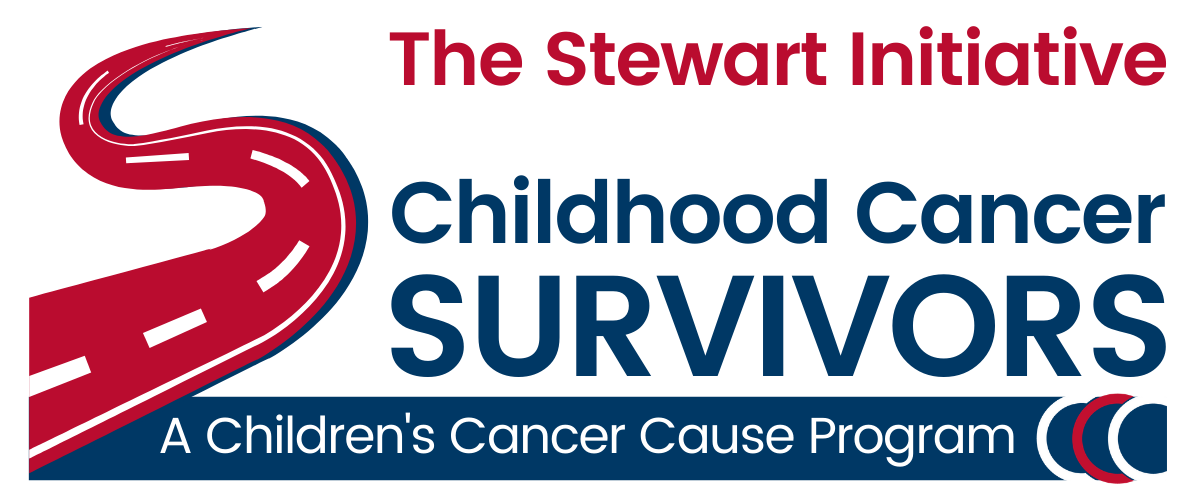The content in this section is aimed at teen and young adult survivors who are looking toward college and early career paths. If you are a caregiver to a younger survivor, a terrific resource is The Trish Greene Back to School Program For Children With Cancer, offered by the Leukemia and Lymphoma Society.
If you’re interested in continuing your education beyond high school, it’s important to pick a post-secondary option - be it a vocational/technical school or university - that will be a good fit for you and meet your needs. This may especially be the case for survivors with physical or learning disabilities or survivors who are still in treatment or battling significant health challenges.
There are many things to consider when choosing a school, such as course offerings, location, size, and the types of campus services available to students.
Ask yourself:
How close or far away from home do you want to be?
Do you want to be in an urban or rural area?
How will geography affect your follow-up appointments with your doctors?
Do you want to attend a large school or university or a smaller school where most people know each other?
Do you want more individualized attention than you can get in large classes?
Does the school offer services or assistance for any particular needs you may have?
If you need help thinking through these questions and your options, we recommend setting up some time to visit with the guidance counselor at your high school or a community vocational counselor.
And remember that there are lots of options after high school that don’t involve additional education, if you decide more schooling isn’t the right fit for you.
-
You may be afraid that writing about it would be a disadvantage. You may just want to leave your cancer experience behind you. Yet you may see the essay as an opportunity to talk about your life and what sets you apart from other applicants. There is no correct answer, so you should do what is most comfortable for you.

